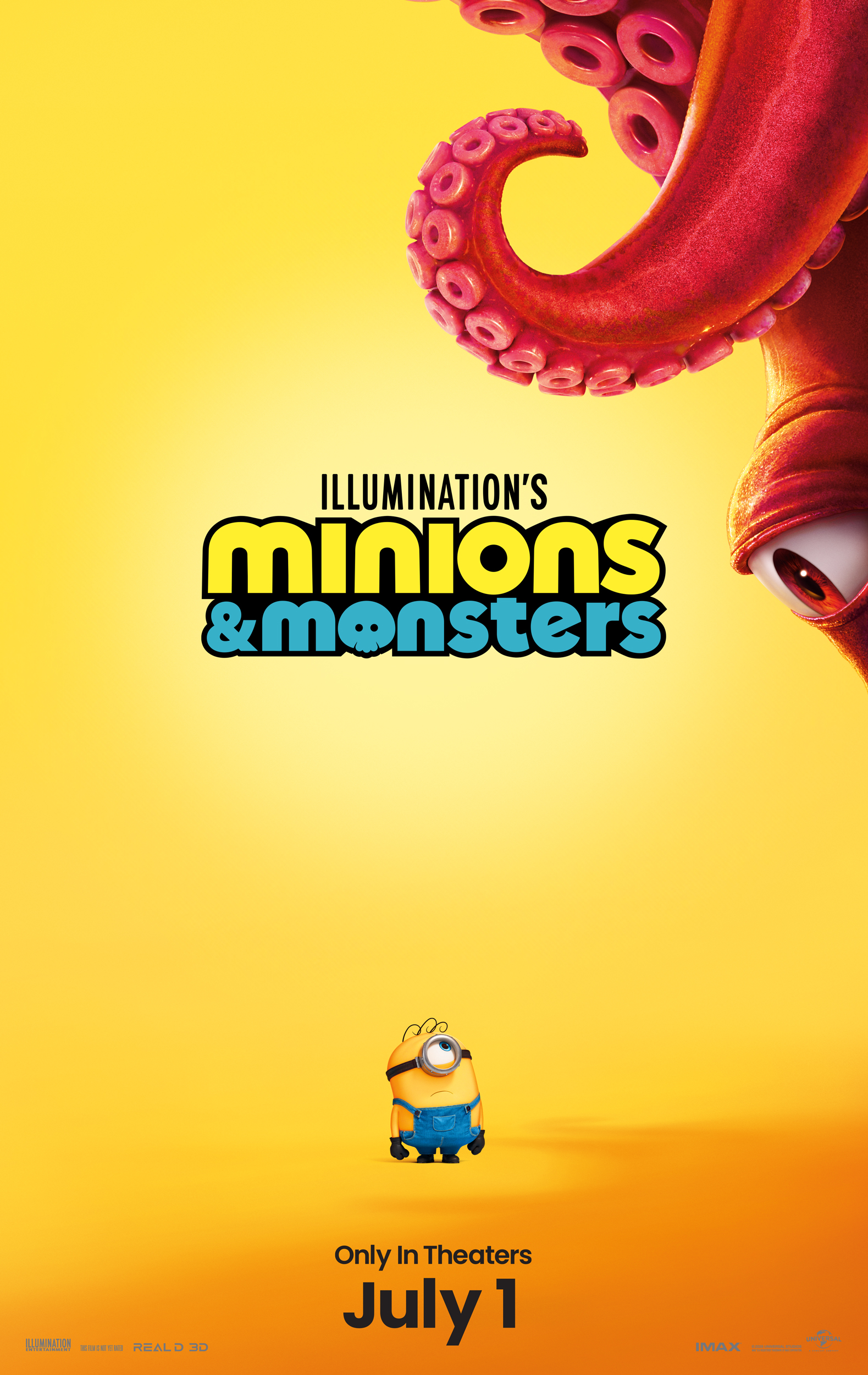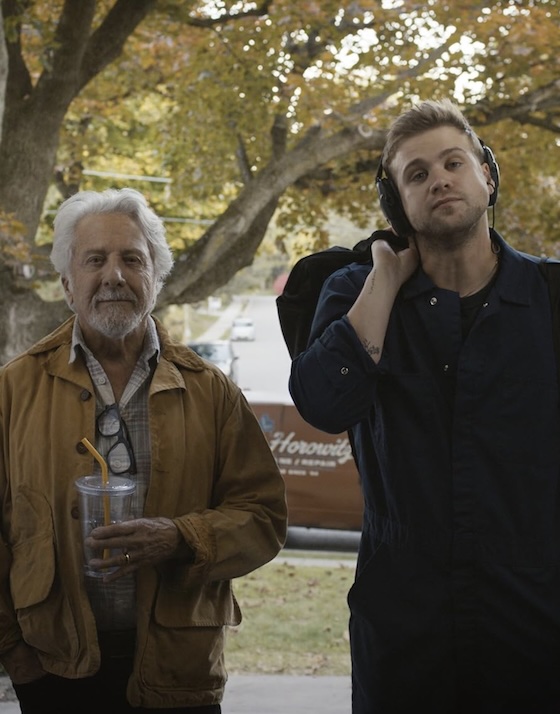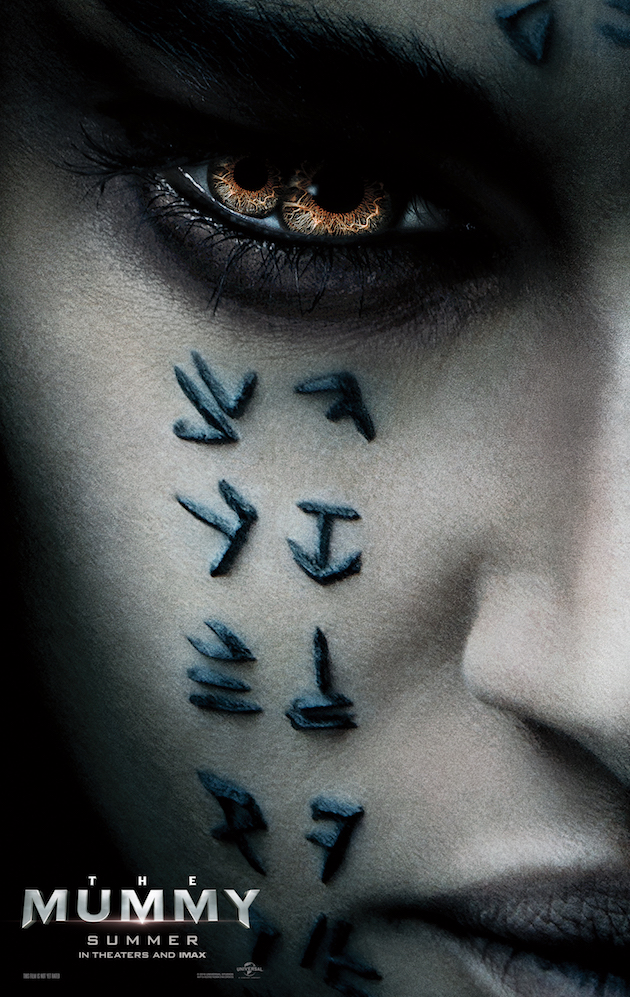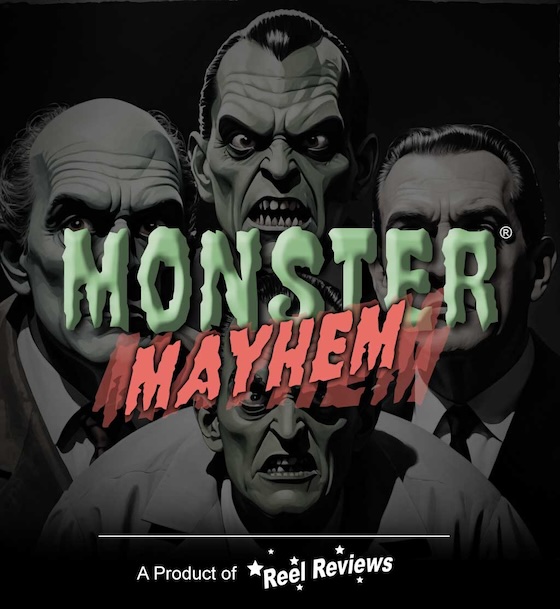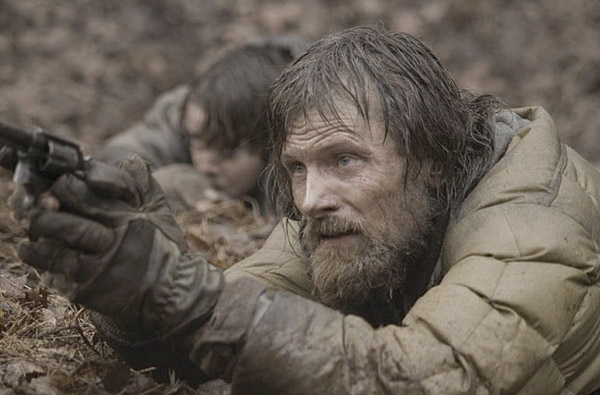
|
Post Apocalyptic stories are a popular tale amongst filmmakers. The genre has a distinct formula, well-trodden for the most part, and instantly familiar to even the casual movie-goer. “Oh, it’s another end of the world flick,” I once heard a relative say upon strolling through the room to see what was on my screen that day.
The amazing thing about these stories is that while the central concern of the characters that inhabit them never alters (to survive), the focus on what element to follow within that context always make for a very different picture. I mean, you have zombies in some, you have big budget disaster films, and you have unleashed contagions, alien invasion, and a popular one since the end of WW2: the ole post nuclear aftermath.
The Road, director John Hillcoat’s adaptation of the 2006 novel by Cormac McCarthy, takes its focus away from blood and guts, explosions, and aliens, instead focusing simply on a man trying to survive with his boy and through that their lessons for each other about retaining their humanity, and, most importantly, retaining hope.
The story, adapted by Joe Penhall, is a subtle, bleak—almost oppressively so—journey set some time after an unexplained worldwide cataclysm. There is no sun, no animals, no vegetation, and many of those who have survived have resorted to cannibalism to endure. The Man (Viggo Mortenson) is taking the Boy (Kodi Smit-McPhee) south, in the hope of warmer, easier conditions. On their journey, the man is haunted of visions of a carefree existence, while trying to keep himself and his son safe from cannibals, opportunists, and starvation. The boy, oblivious to the world as it was, becomes every bit the reminder of what once was to his father, demonstrating great compassion and generosity to strangers they meet along the way, essentially tempering his father’s survival instincts and reminding him of what it is to be human.
This is a rare breed of film nowadays that dares to focus, not on flashy commercial ideals, but on the emotional journey of just two characters. And it is emotional, very emotional. In the unrelenting misery, the film provides that if one dares to find the joy in a single moment, to be thankful for the chance to at least find another moment like that again, the human heart can endure great hardship and still retain its warmth and its love. Powerful stuff.
Mortensen gives a career-best performance as the Man; beloved as he may be for Aragorn, this performance is raw and real and it boggles the mind an Oscar nomination did not come his way for it. Young Aussie, Kodi Smit-McPhee, is asked to perform probably the most difficult role written for a child since The Sixth Sense. He carries most scenes off beautifully and convinces remarkably as a character that would inspire such feats from his father. There are moments, however, in heightened emotional scenes where the less is more approach should have been employed. This is not the fault of Smit-McPhee, more of the writer and/or director—he simply doesn’t ring true for a brief couple of moments.
The direction is as underplayed as the script is for the most part, and with impressive results. This world is about the most brutal canvass this reviewer can recall witnessing. Its dark ominous ashen aesthetic terrifies and depresses and threatens to swallow the characters at any moment from the first scene to the last. There are some external threats to the characters, but the direction and production design are so effectively monstrous that they are hardly needed.
The score, by Nick Cave and Warren Ellis, follows the lead of its director, actors, and writer, by employing simplicity. It’s evocation of the film’s tone and message is so in sync it actually comes to bear on the plot. The simple piano tones are both haunting and hopeful—no easy feat.
If you’re not aware of this movie, or the novel it sprung from, are over watching/reading the end of the world on screen/page, and hear the one line description that sells it as another post-apocalyptic flick, do yourself a favour: endure this one. I say endure not as a criticism but as a truism. You will not feel uplifted by this film’s plot, but you will come away having seen a story that represents how powerful our love and compassion can be, and that that alone makes life worth living. Remarkable film.
|
||||||||||||||||||
Blu-ray Details:
Available on Blu-ray - May 25, 2010
Screen Formats: 2.39:1
Subtitles: English, English SDH
Audio: English: DTS-HD Master Audio 5.1
Discs: 50GB Blu-ray Disc; Single disc (1 BD); BD-Live; movieIQ
Supplements:
Commentary Track: With Director John Hillcoat.
Featurettes:
- The Making of 'The Road' (480p, 13:47)
BD-Live functionality
MovieIQ Functionality
Deleted Scenes:
- Five deleted and extended scenes (480p, 6:38)
Trailers: Youth in Revolt, Unthinkable, Chloe, Nine, The Last Station, Legion, and A Single Man are also included.
{pgomakase}

